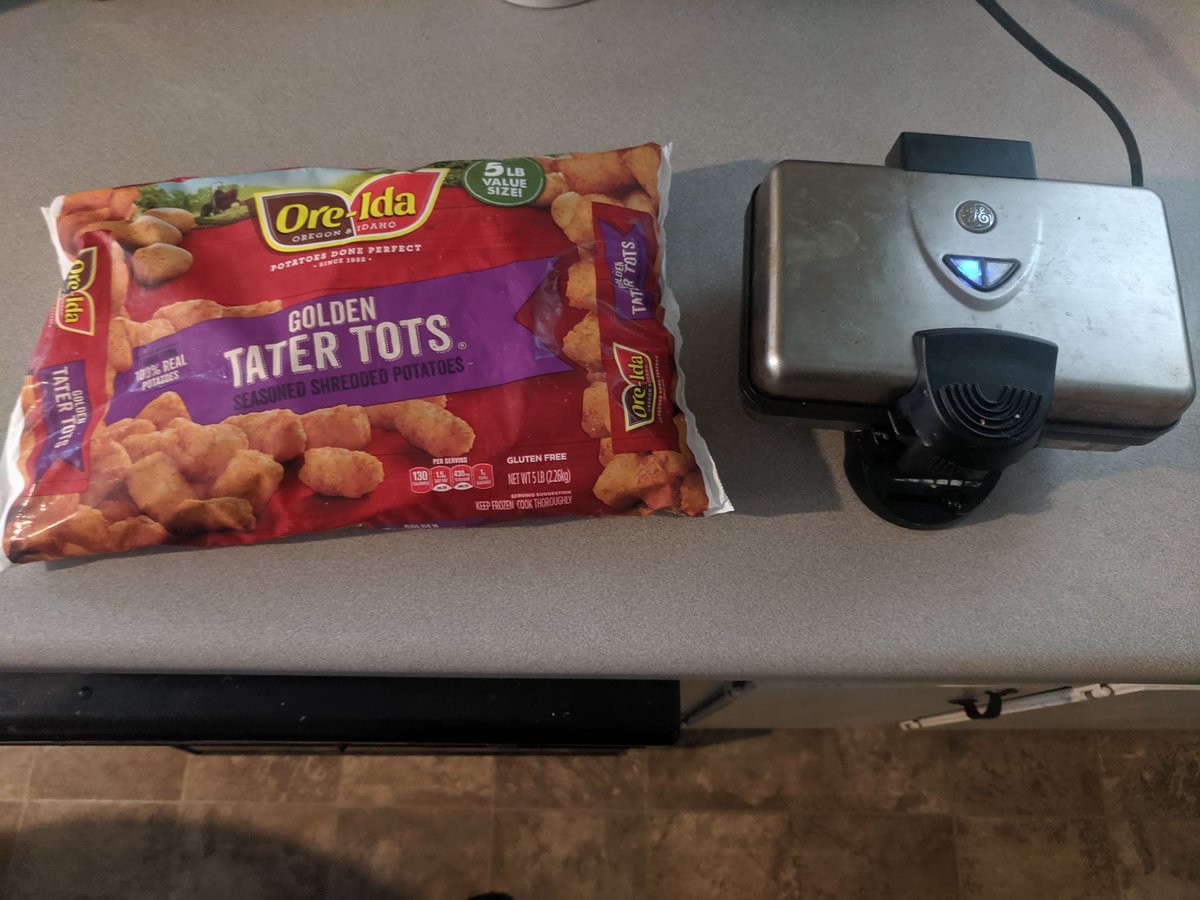1-13
Background
14-24
"Object permanence",
Social interventions,
Pomodoros,
Ritual
25-36
Cognitive load audits
37-45
Case study,
Cohabitation
46-49
Summary
1. It's the invisible root of a lot of ADHD advice.
2. Implementing it effectively requires a pragmatic acceptance of your unique brain, which is a thing most of us are working on.
3. Neurotypical folks can benefit from it too!
How can both be true?
- You physically cannot drive away without them.
- It's a silly thing to do, so easier to remember you did it.
- They're more important than a lot of things, and thus have more potential to stay top-of-mind.
(Note: object permanence is a very specific thing and not the right term here, but we don't have a better ADHD-specific one yet.)
pomofocus.io
lichtenbergianism.com/ritual
1. Remove trash
2. Remove items that don't belong
3. Make piles of like items
4. Put piles in places
5. Make places for leftover piles
Touch item → Move to location
vs.
Touch item → Figure out where item goes → Make a place if it doesn't exist → Figure out where place should be → Put it there.
And you wonder why you're so tired after doing laundry.
- Every time I wanted to dry a dish, I needed to find a clean dishrag.
- If I couldn't, I put it in our countertop dry rack.
- Dishes stacked upwards, wetting previously dry dishes and hiding them from sight.
- Putting away dishes then became a Proper Chore.
- Bought a plastic bag dispenser, mounted it under the sink, and filled it with clean dishrags.
- Put a bucket under the sink for dirty dishrags.
- Switched our countertop dry rack to an over-the-sink model that keeps dishes in a single layer AND at eye-level.
- Find ways to make easy decisions that beget harder ones. Be creative.
- Audit your life for areas of high cognitive load, and transform them.
- Use meaning and repetition to create rituals that promote desired contexts.
Seeing, accepting, loving, and LEARNING your brain for what it is is so much more than a tool for forgiveness: it's a platform for empowerment.
If this helped you or someone you care about, and you can spare it, anything is appreciated.
ko-fi.com/adapowers



